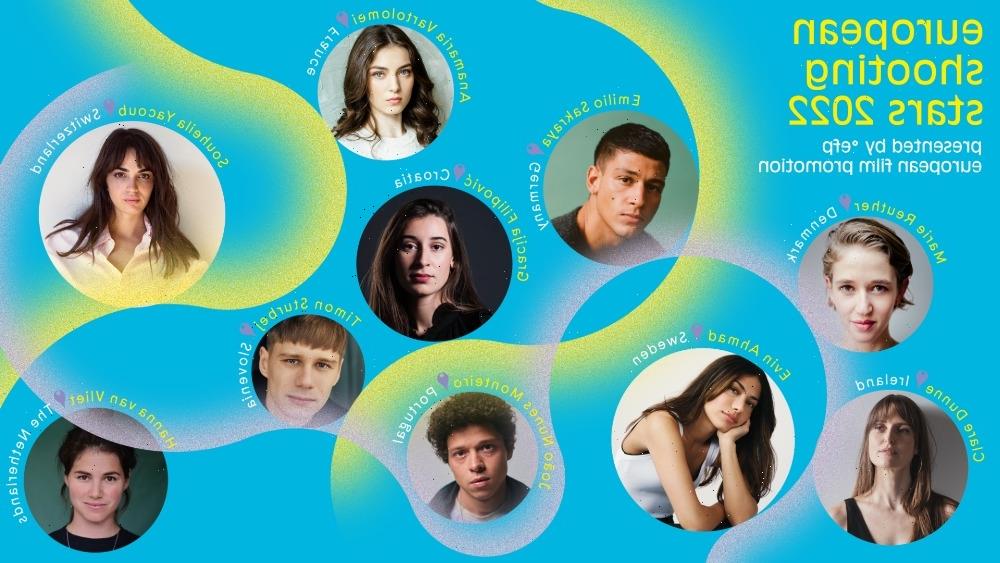Opinions expressed are solely those of the author and do not reflect the views of Rolling Stone editors or publishers.
I was recently scrolling through Reels on Instagram and came across the seemingly everywhere Gary Vaynerchuk talking about something related to NFTs. I decided to stop my spiral and watch the brief clip, before then watching the full video. In the short clip synthesized for Instagram that initially caught my eye, he stated, “NFTs are more dangerous than Napster, than SoundCloud, than TikTok,” he shared. “The record labels always had the fact that they were the funding mechanism of the artist. Now, you get big on TikTok and SoundCloud and you sell NFTs to your audience, you can raise $5 million overnight.”
From my perspective, this is spot on. NFTs, cryptocurrencies, the blockchain — it’s all causing major disruptions in the music industry. Question is, are you on board or watching this train pass you by? Maybe you don’t even know the train is here yet.
Related Stories
Rush Guitarist Alex Lifeson Readies Debut LP From New Band Envy of None
Eladio Carrión Breaks Down the Most Unexpected Sounds From 'Sauce Boyz 2'
Related Stories

All 206 of Taylor Swift's Songs, Ranked
70 Greatest Music Documentaries of All Time
But fear not, as these are the early days with plenty of shifts yet to come. As somebody who’s part of this massive wave of change, I can say with certainty that the potential changes that decentralized assets bring to the music industry are very real. I’d like to take this opportunity to share how these decentralized changes could impact certain groups within the music world.
Putting the Emphasis on Fans
Without fans, there would be no music industry; it’s just that simple. The thing about fans, however, is that they’ve never had any real way to invest in the artists they love. It’s typically been a relationship that produces a negative financial ROI for fans in terms of their time and commitment. Fans are highly dedicated to their favorite creators, but really never get much in return for that time and energy. But what’s the shift in fan behavior as it relates to a decentralized world?
Well, the thing is, fans can now turn their spending and financial purchases into ownership. Instead of buying a T-shirt, maybe they buy an artist’s NFT, or fund a project of theirs through what’s called a “staking pool.” This ownership takes the voice of the fan and turns it into an asset that’s of value, able to be exchanged and leveraged. Who’s the other group this helps tremendously? The artists.
The Rolling Stone Culture Council is an invitation-only community for Influencers, Innovators and Creatives. Do I qualify?
Artists to the Moon
These decentralized assets that can now be exchanged, leveraged and utilized for true ownership benefit artists tremendously. You may have seen the words “creator economy” coming up much more frequently of late; the phrase has even become a popular Twitter hashtag. This is because the ones who create this beautiful content we love are now actually able to benefit financially from their work. Their revenue streams are faster and more direct, as are their distribution methods.
Talent is still the product, but creators were never the true owners at scale. Now, with content creation and revenue streams in the hands of artists, they could reap the benefits of their talent much more directly. And the best part of it all? This is happening while fans are fueling the creator economy and collecting their own rewards.
Challenges and Learning Curves
Even as digital currencies turn finance upside down, a lot of folks are still in the dark on how to use them, and with good reason. Crypto operates on logic and language that is new to most, and people often write crypto or NFTs off as too risky or time-consuming to adopt as a hobby or investment strategy.
But this is why it’s so exciting that NFTs have reached the music industry. Now, artists can serve as ambassadors to the digital assets of tomorrow, using their own style and story to introduce fans to the boundless benefits that crypto has to offer.
So, how can artists and other music industry players bring their fanbases to the blockchain?
First, we’ve got to lead with ideas that motivate people to explore crypto. For instance, at my company, Geojam, we started with a system where users could earn points and use them as in-app money. Once our community understood how it worked, we merged the point system onto the blockchain. Figure out unique ways to get your audience comfortable with blockchain technology and the finer points of NFTs. A little education can go a long way. As artists and labels harness the power of DeFi, they should evaluate how they can incorporate crypto and NFTs into their existing offerings. Fans are more likely to take a chance if it’s packaged into a service or experience they already know and love.
Second, we have to introduce innovative methods to onboard and retain users.
Crypto-based platforms require different wallets and forms of digital currency, so there are challenges when it comes to engaging casual users on these next-generation platforms. It’s up to the industry to make sure these tools get easier and easier to use — and that it’s done in a way that doesn’t discourage or alienate people who are new to the space. This means building intuitive platforms and educating people through simple, accessible content that shows them how crypto can be a game-changing tool in their lives.
There’s no one formula for this process (yet), and that’s the best part. The future of blockchain in music will be what we make it — so let’s make it one that gives artists and fans more ways than ever to create, engage and earn.
Source: Read Full Article


